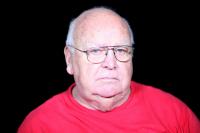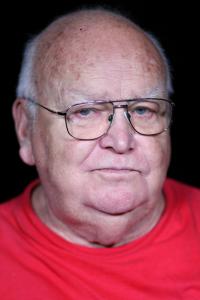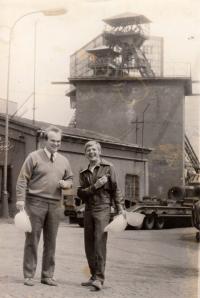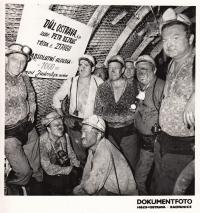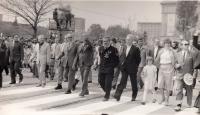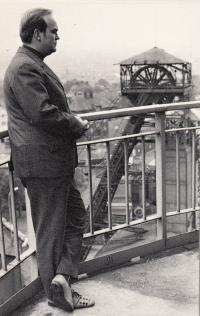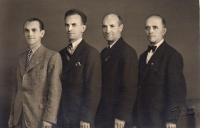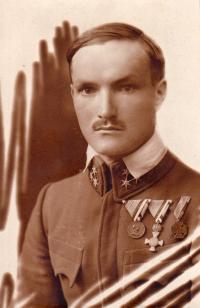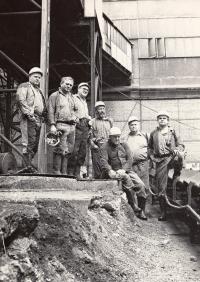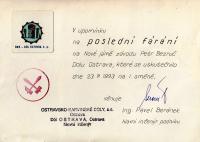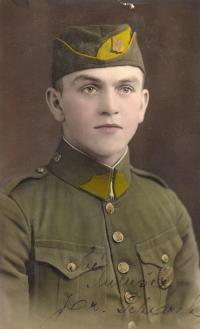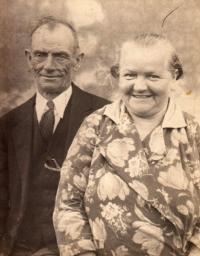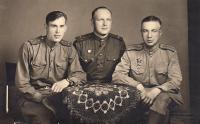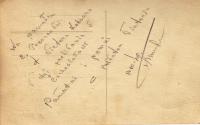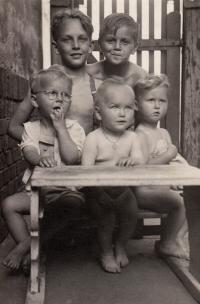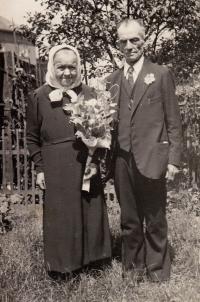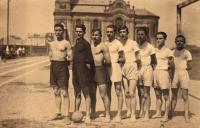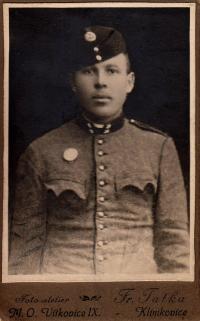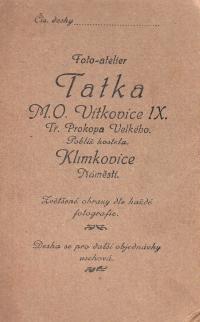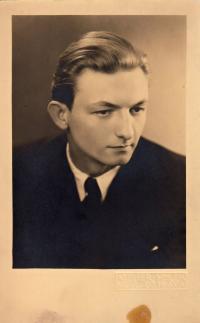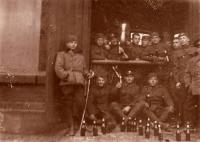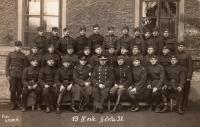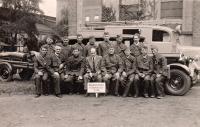I went mining with the nation’s elite

Download image
Přemysl Pekárek was born on 31 March 1943 in Ostrava. His father was a miner, a Sokol member, and a patriot. His uncle Josef Pekárek spent six years in the Sachsenhausen concentration camp, where he secretly copied out the poems of the Czech author and illustrator Josef Čapek, who was also interned there. After secondary school, the witness wanted to study mechanical engineering, but his application was denied for political reasons. Aged seventeen he took up employment at the Ostrava mine shaft Trojice (Trinity). He was assigned to the hardest work, cutting new mine tunnels. He worked with numerous political prisoners, including former members of the exile army in England. He applied to the University of Mining but was again refused. Only when he signed an application to join the Communist Party of Czechoslovakia (CPC)was he accepted to study; he became a mine engineer. However, he refused to agree with the invasion of Warsaw Pact forces in 1968 and was expelled from the CPC and fired from his management position during the ensuing the political purge. He did various jobs at Petr Bezruč Mine until his retirement. He became a renowned mine expert and cooperated with the University of Mining. His brother was the author and journalist Svatopluk Pekárek, who was not allowed to publish his works during the normalisation period.
